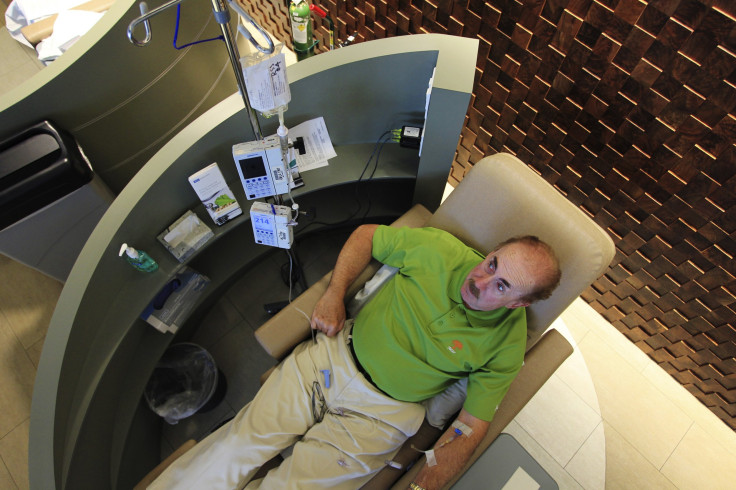New skin cancer test will soon allow patients more time with their loved ones, sends relapse signal early

British scientists have developed a new blood test that warns when skin cancer relapses. The researchers are hoping that this breakthrough will save thousands of lives by allowing them to tackle the disease before it spreads too far. The test can prove to be the lifeline for patients with advanced melanoma, the deadliest form of skin cancer.
The process involves spotting tumour DNA in a patient’s bloodstream that sends a warning signal if there is a chance of a relapse and when a patient is becoming resistant to treatment. This will in turn allow doctors to perform new treatments thereby improving the chances of skin cancer survival.
“Using our technique, we hope that one day we will be able to spot when a patient's disease is coming back at the earliest point and start treatment against this much sooner, hopefully giving patients more time with their loved ones,” said Prof. Richard Marais of Cancer Research UK Manchester Institute.
Researchers will perform more clinical trials before using it on skin cancer patients. There are three types of skin cancers, namely, non-melanoma cancers like basal cell carcinoma, squamous cell carcinoma and melanoma. Melanoma is the most dangerous form of skin cancer. According to the Cancer Council, two in three Australians will be diagnosed with skin cancer by the time they are 70.
Although half of melanoma patients can be treated successfully with targeted drugs, unfortunately, many of the therapies become ineffective after a short span of time. Advanced immunotherapy drugs, such as ipilimumab are administered when skin cancer patients no longer respond to standard treatment.
Speaking on the new blood test, chief clinician Prof. Peter Johnson of Cancer Research UK said that melanoma can remain dormant for years but then suddenly re-emerge. This happens as this type of skin cancer eludes a person’s immune system. However, he added that “being able to track cancers in real time as they evolve following treatment has huge potential.”
Johnson added that this blood test will help monitor cancers and allow doctors to intervene and stop a relapse.





















